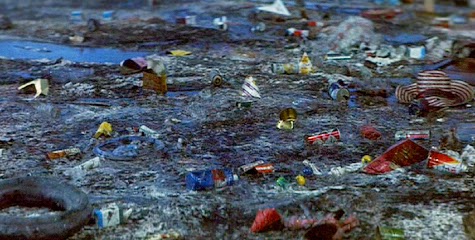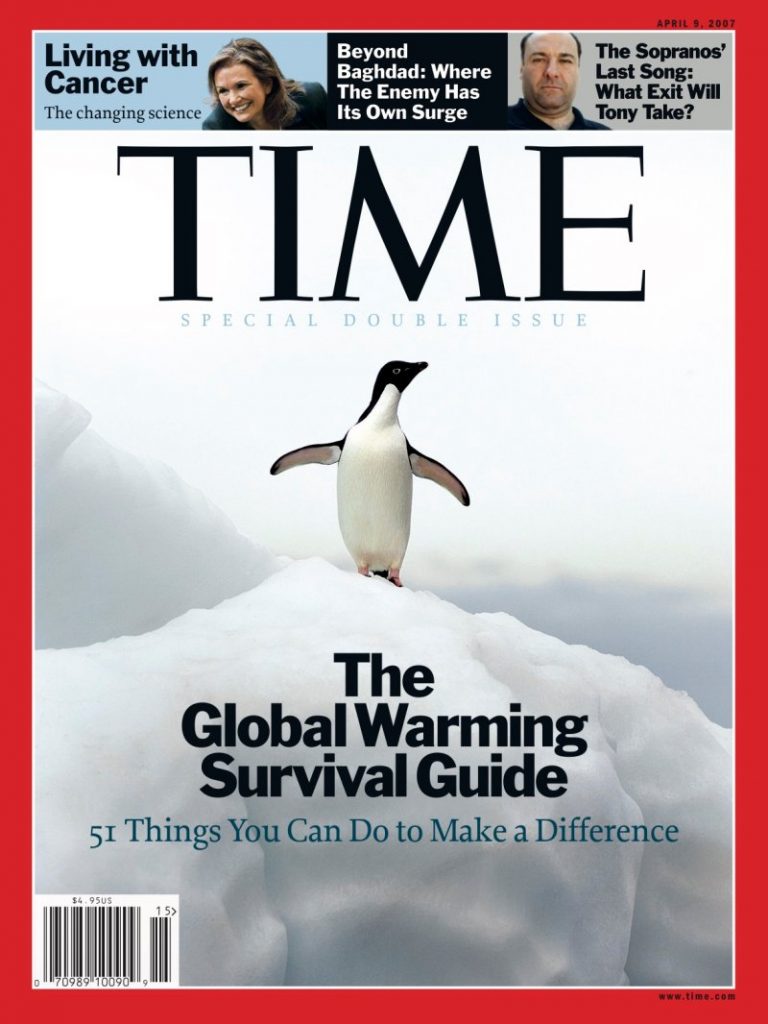From this photo there seems to be a lot of warming in North Central Siberia. Not as much around the ACTUAL ice sheet, which is located in Greenland in the Northern Hemisphere. There is no ice sheet in North Central Siberia, there is sea ice but no actual miles-thick ice sheet. North Central Siberia IS warming rapidly, about that there is no doubt.
From that picture, so far, it seems like the actual ice sheet, located in Greenland, is not being affected AS MUCH.
From this photo I can see that there has been between -0.5 C to 1.5 C of warming. I personally think that the ice sheets are far more resilient than we believe them to be. I think they have their own micro-climate not replicated anywhere else in the world, as it would be incredibly difficult to model a miles-thick ice sheet. Nowhere else is going to behave the same. Sea ice won't behave the same as an ice sheet. Who knows, maybe in winter the increased snowfall rate from warmer water will offset the increased warming during summer from warmer air? I don't know. I'm just not as doom and gloom about the glaciers melting. I used to be, really looked at the data, and now not so much.
Can you admit that if you zoom in on the glacier you can see there is a negative temperature anomaly, colored in blue, in the central eastern portion of the island? Why is that happening? 2020 was one of the warmest years on record, there SHOULD NOT be a negative temperature anomaly over Greenland, located in the Arctic, which is the fastest warming region on Earth. But there is, and if you go back to other years it is always there. Why??? Very strange
I zoomed in on it here:









